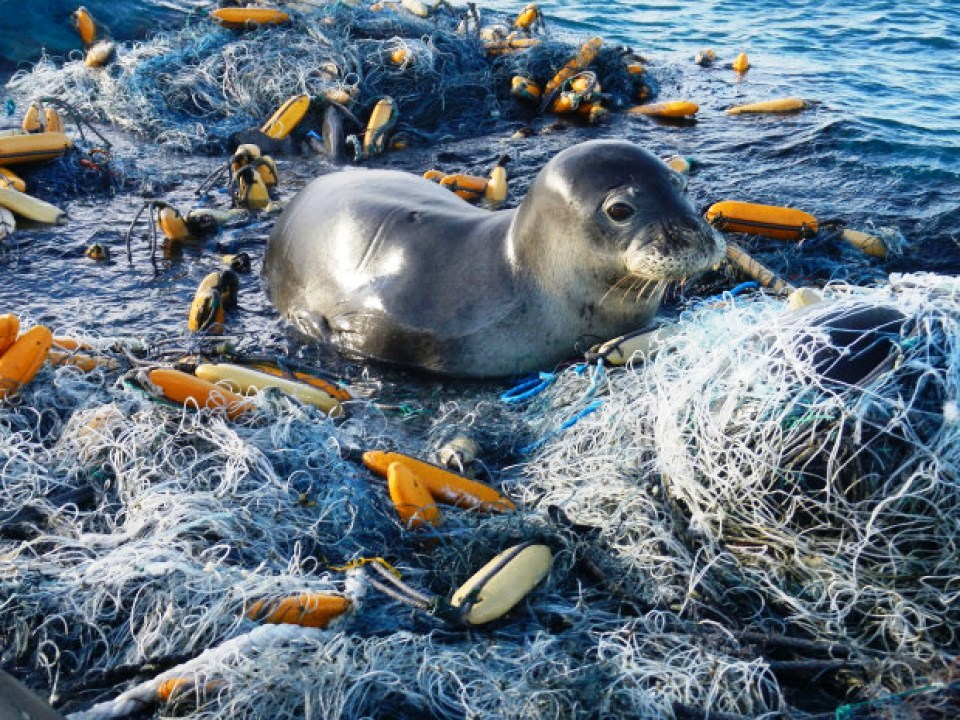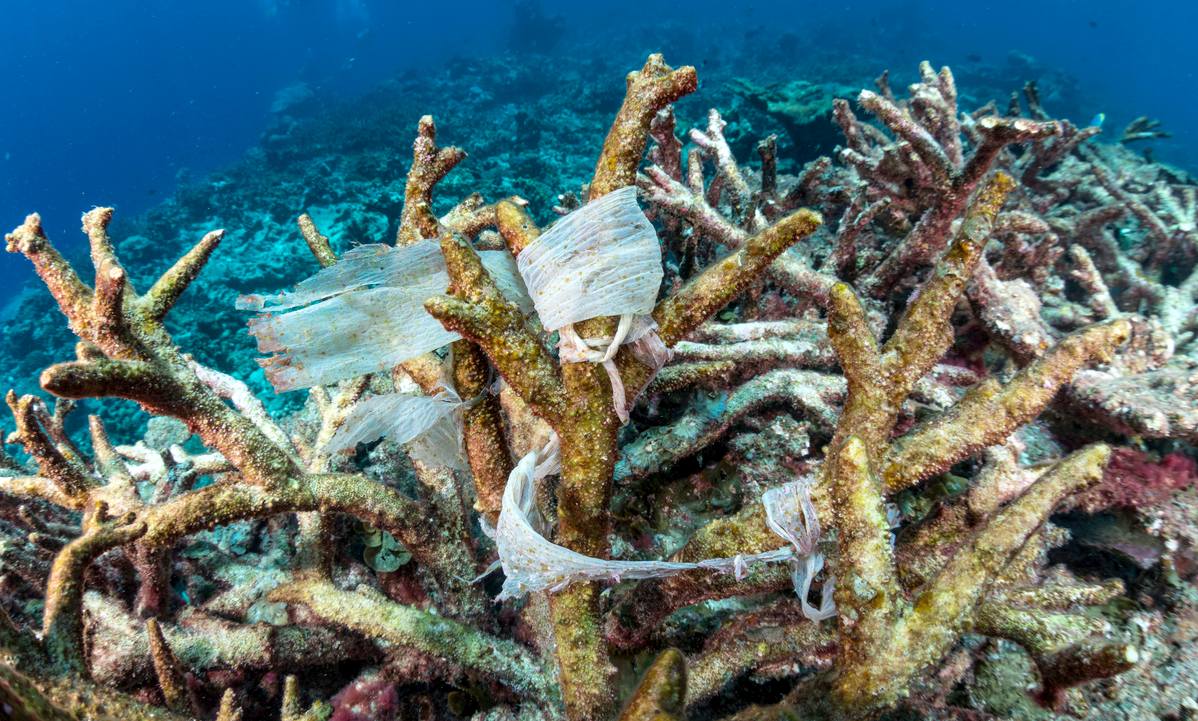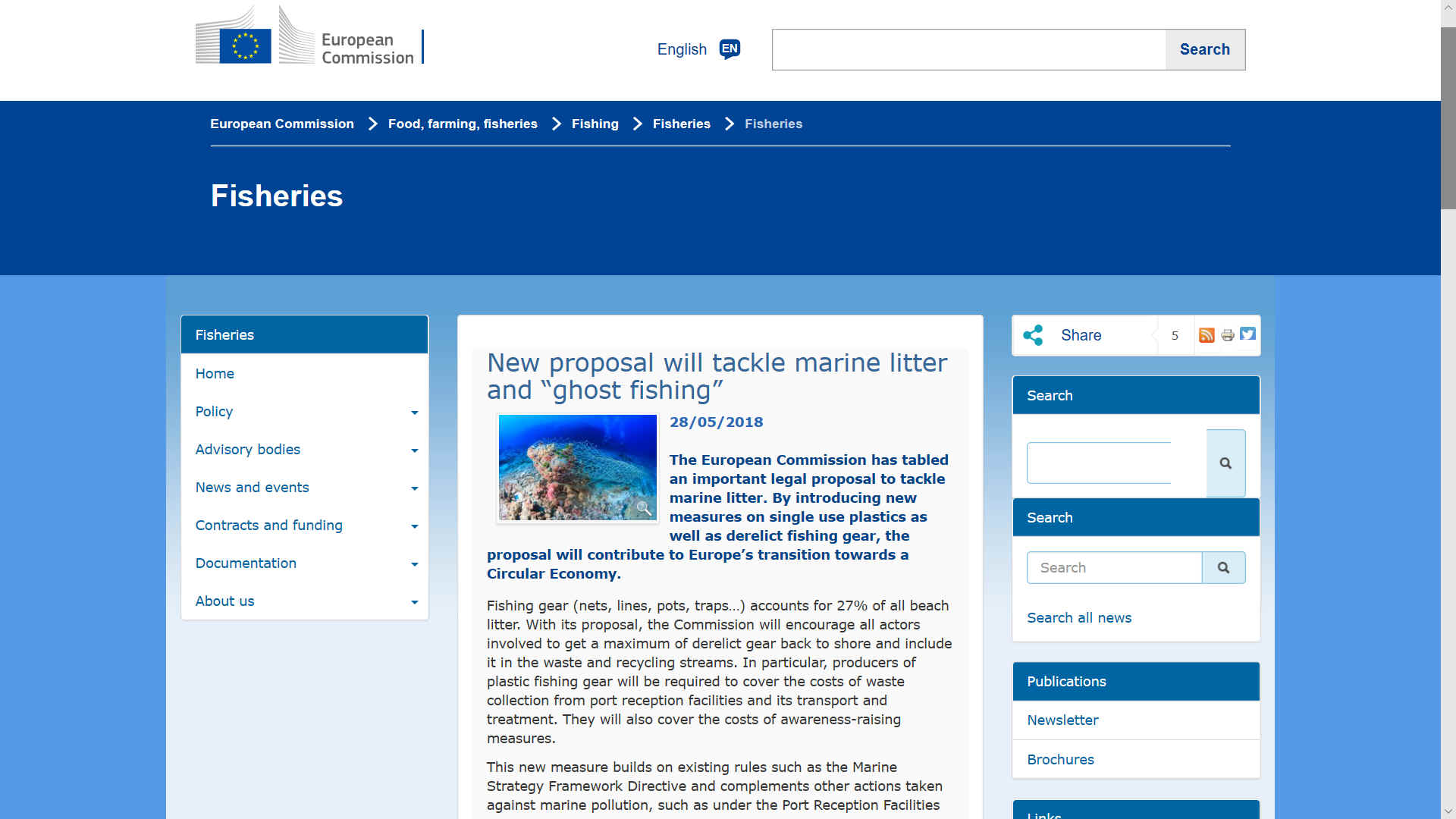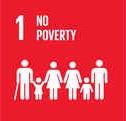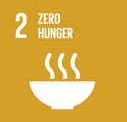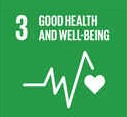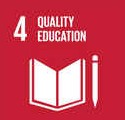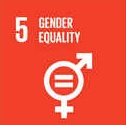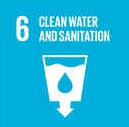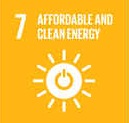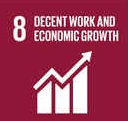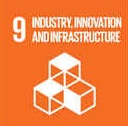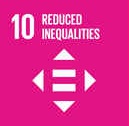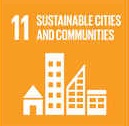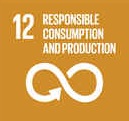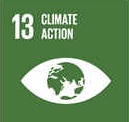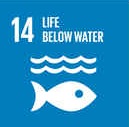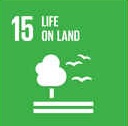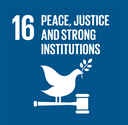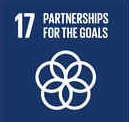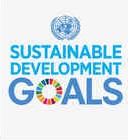|
EU PLASTIC REDUCTION RULES
PLEASE USE OUR A-Z INDEX TO NAVIGATE THIS SITE DO HUMANS CARE ABOUT ANIMALS? - What are we doing to marine mammals like seals and dolphins, and bigger fish like sharks. Judging from the lack of concern for anything other than making a quick $buck, not as much as we should be!
With the amount of harmful plastic litter in oceans and seas growing ever greater, the European Commission is proposing new EU-wide rules to target the 10 single-use plastic products most often found on Europe's beaches and seas, as well as lost and abandoned fishing gear.
Together these constitute 70% of all marine litter items. The new rules are proportionate and tailored to get the best results. This means different measures will be applied to different products. Where alternatives are readily available and affordable, single-use plastic products will be banned from the market.
For products without straight-forward alternatives, the focus is on limiting their use through a national reduction in consumption; design and labelling requirements and waste management/clean-up obligations for producers. Together, the new rules will put Europe ahead of the curve on an issue with global implications.
First Vice-President Frans Timmermans, responsible for sustainable development said: "This Commission promised to be big on the big issues and leave the rest to Member States. Plastic waste is undeniably a big issue and Europeans need to act together to tackle this problem, because plastic waste ends up in our air, our soil, our oceans, and in our food. Today's proposals will reduce single use plastics on our supermarket shelves through a range of measures. We will ban some of these items, and substitute them with cleaner alternatives so people can still use their favourite products."
Vice-President Jyrki Katainen, responsible for jobs, growth, investment and competitiveness, added: "Plastic can be fantastic, but we need to use it more responsibly. Single use plastics are not a smart economic or environmental choice, and today's proposals will help business and consumers to move towards sustainable alternatives. This is an opportunity for Europe to lead the way, creating products that the world will demand for decades to come, and extracting more economic value from our precious and limited resources. Our collection target for plastic bottles will also help to generate the necessary volumes for a thriving plastic recycling industry."
Across the world, plastics make up 85% of marine litter. And plastics are even reaching people's lungs and dinner tables, with micro-plastics in the air, water and food having an unknown impact on their health. Tackling the plastics problem is a must and it can bring new opportunities for innovation, competitiveness and job creation.
Companies will be given a competitive edge: having one set of rules for the whole EU market will create a springboard for European companies to develop economies of scale and be more competitive in the booming global marketplace for sustainable products. By setting up re-use systems (such as deposit refund schemes), companies can ensure a stable supply of high quality material. In other cases, the incentive to look for more sustainable solutions can give companies the technological lead over global competitors.
Different measures for different products
After addressing plastic bags in 2015, 72% of Europeans said they have cut down on their use of plastic bags (Eurobarometer). The EU is now turning its attention to the 10 single-use plastic products and fishing gear that together account for 70% of the marine litter in Europe. The new rules will introduce:
- Plastic ban in certain products: Where alternatives are readily available and affordable, single-use plastic products will be banned from the market. The ban will apply to plastic cotton buds, cutlery, plates, straws, drink stirrers and sticks for balloons which will all have to be made exclusively from more sustainable materials instead. Single-use drinks containers made with plastic will only be allowed on the market if their caps and lids remain attached;
- Obligations for producers: Producers will help cover the costs of waste management and clean-up, as well as awareness raising measures for food containers, packets and wrappers (such as for crisps and sweets), drinks containers and cups, tobacco products with filters (such as cigarette butts), wet wipes, balloons, and lightweight plastic bags. The industry will also be given incentives to develop less polluting alternatives for these products;
- Collection targets: Member States will be obliged to collect 90% of single-use plastic drinks bottles by 2025, for example through deposit refund schemes;
- Labelling Requirements: Certain products will require a clear and standardised labelling which indicates how waste should be disposed, the negative environmental impact of the product, and the presence of plastics in the products. This will apply to sanitary towels, wet wipes and balloons;
- Awareness-raising measures: Member States will be obliged to raise consumers' awareness about the negative impact of littering of single-use plastics and fishing gear as well as about the available re-use systems and waste management options for all these products.
For fishing gear, which accounts for 27% of all beach litter, the Commission aims to complete the existing policy framework with producer responsibility schemes for fishing gear containing plastic. Producers of plastic fishing gear will be required to cover the costs of waste collection from port reception facilities and its transport and treatment. They will also cover the costs of awareness-raising measures. Details on the new rules for fishing gear are available here.
A PRETTY BIG CHALLENGE - More than 80% of marine litter is plastics. The European Commission is proposing new EU-wide rules that target the 10 single-use plastic products most often found on Europe's beaches and seas, as well as lost and abandoned fishing gear. These products are the biggest part of the problem. Together they constitute 70% of all marine litter items.
Due to its slow decomposition, plastic accumulates in seas, oceans and on beaches in the EU and worldwide. Plastic residues are found in marine species – such as sea turtles, seals, whales and birds, but also in fish and shellfish, and therefore in the human food chain. While plastics are a convenient, adaptable, useful and economically valuable material, they need to be better used, re-used and recycled. When littered, the economic impact of plastics encompasses not just the lost economic value in the material, but also the costs of cleaning up and losses for tourism, fisheries and shipping.
Next Steps
The Commission's proposals will now go to the European Parliament and Council for adoption. The Commission urges the other institutions to treat this as a priority file, and to deliver tangible results for Europeans before the elections in May 2019.
To mark the World Environment Day on 5 June, the Commission will also launch an EU-wide awareness-raising campaign to put the spotlight on consumer choice and highlight individual people's role in combatting plastic pollution and marine litter.
Of course, tackling EU-produced marine litter is only one part of the world-wide picture. But by taking the lead, the European Union will be in a strong position to drive change at the global level – through the G7 and G20 and through the implementation of the UN Sustainable Development Goals.
Background
Today's initiative delivers on the commitment made in the European Plastics Strategy to tackle wasteful and damaging plastic litter through legislative action, which was welcomed by the European Parliament and Council and by citizens and stakeholders. The measures proposed will contribute to Europe's transition towards a Circular Economy, and to reaching the UN Sustainable Development Goals and the EU's climate commitments and industrial policy objectives.
Today's Directive builds on existing rules such as the Marine Strategy Framework Directive, and Waste Directives, and complements other measures taken against marine pollution, such as under the Port Reception Facilities Directive, and proposed restrictions on microplastics and oxo-degradable plastics. It follows a similar approach to the successful 2015 Plastic Bags Directive, which was positively received and brought about a rapid shift in consumer behaviour.
The proposed Directive will bring both environmental and economic benefits. The new measures will for example:
- avoid the emission of 3.4 million tonnes of CO2 equivalent;
- avoid environmental damages which would cost the equivalent of €22 billion by 2030;
- save consumers a projected €6.5 billion.
Along with the new EU waste rules and targets adopted this month, the new rules will provide the clarity, legal certainty and economies of scale that EU companies need to take the lead in new markets for innovative multi-use alternatives, new materials and better designed products.
In line with Better Regulation requirements, stakeholder consultations and an open public consultation and thorough impact assessments were carried out in preparation of today's proposal. In the public consultation between December 2017 and February 2018, 95% of respondents agreed that action to tackle single use plastics is both necessary and urgent, and 79% believed that these measures should be taken at EU level in order to be effective. 70% of manufacturers and 80% of brands also replied that action is necessary and urgent.72 % have cut down on their use of plastic bags and 38 % of them over the last year.
EUROPEAN MARITIME DAYS
* Brussels 2008: "A regional approach to the implementation of Maritime Policy" * Rome 2009: "Integrated Maritime Policy and the contribution of maritime clusters" * Gijón 2010: "How to foster innovation?" * Gdansk 2011: "Maritime Policy: Putting People First" * Gothenburg 2012: "Sustainable Growth from the Oceans, Seas and Coasts" * Valletta 2013: "Coastal Development and Sustainable Maritime Tourism" * Bremen 2014: "Innovation driving Blue Growth" * Piraeus 2015: "Ports and Coasts, Gateways to Maritime Growth" * Turku 2016: "Investing in blue growth – smart and sustainable solutions" * Poole 2017: "The Future of our Seas" * Burgas 2018: Bulgaria "Black Sea Big Bang" B2B Matchmaking * Lisbon 2019: Portugal "TBA" * Cork 2020: Ireland "TBA" * Den Helder 2021: The Netherlands "TBA" * Ravenna 2022: Italy "TBA" * Brest 2023: France "TBA" * Svendborg 2024: Denmark "TBA"
LINKS & REFERENCE
https://ec.europa.eu/commission/presscorner/detail/en/MEMO_18_3909 http://ec.europa.eu/newsroom/mare/item-detail.cfm?item_id=628060 https://ec.europa.eu/commission/presscorner/detail/en/IP_18_3927
ARE PLANET EARTH'S POLICIES WORKING? - If they were, we'd not have plastic poisoning the marine environment, or global warming. The problem is world leaders rely too much on fossil fuels and do not want to rock the boat until there is a solid backup plan, but the backup plan involves change. And that frightens them to stay put even though the water is already bubbling.
We cotton to that. Nobody likes change. But instead of overheating the planet and killing life undersea with toxic plastic, surely it would make sense to brave the new world and accelerate the adoption of renewables and a society that cleans up after itself. We need new sustainable infrastructures to save PLANET A and a gradual changeover plan that sits well with stakeholders. Not to have the infrastructures ready is suicide politics - the way of the Dodo.
This website is provided on a free basis as a public information service. copyright © Cleaner Oceans Foundation Ltd (COFL) (Company No: 4674774) 2019. Solar Studios, BN271RF, United Kingdom. COFL is a company without share capital.
|
